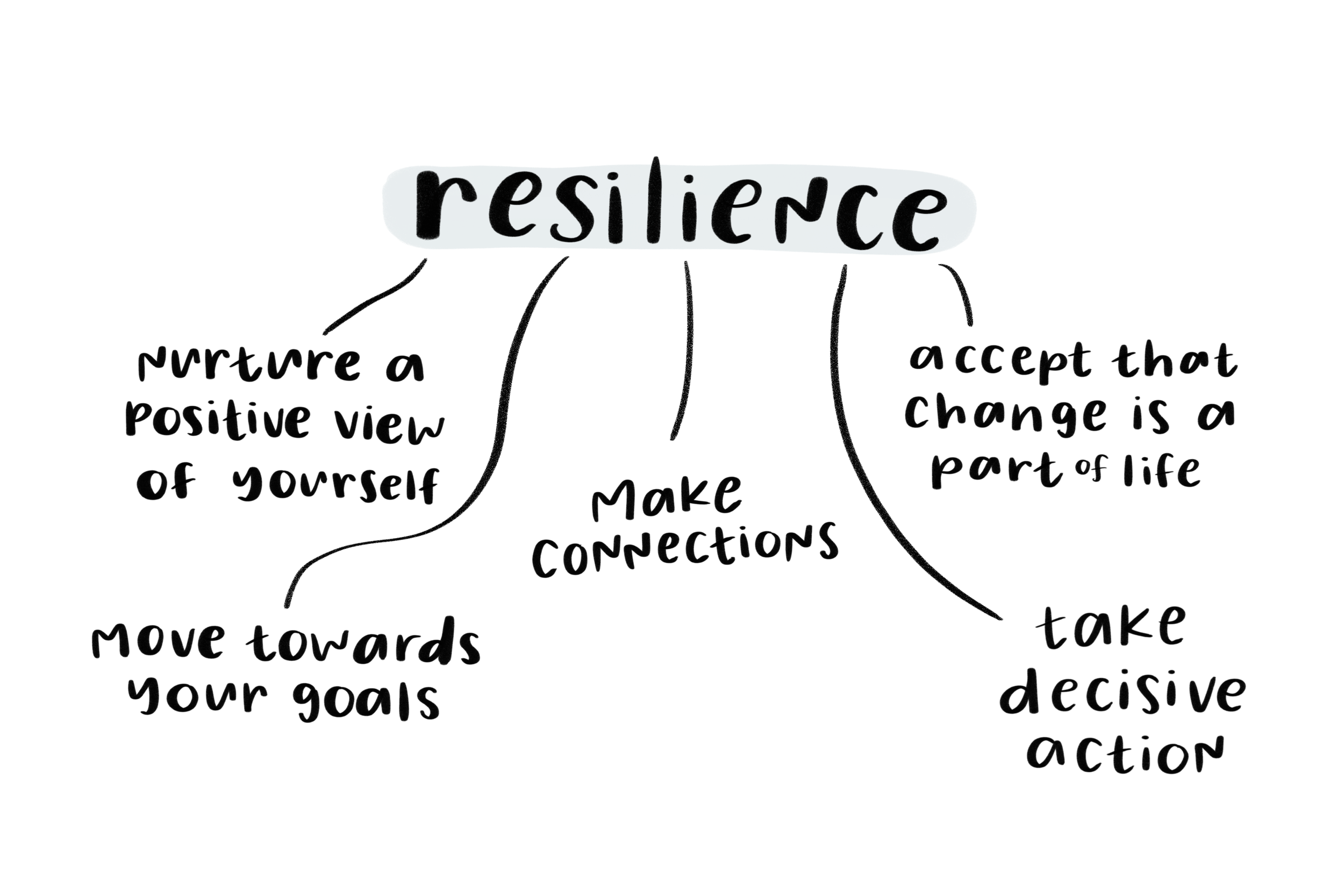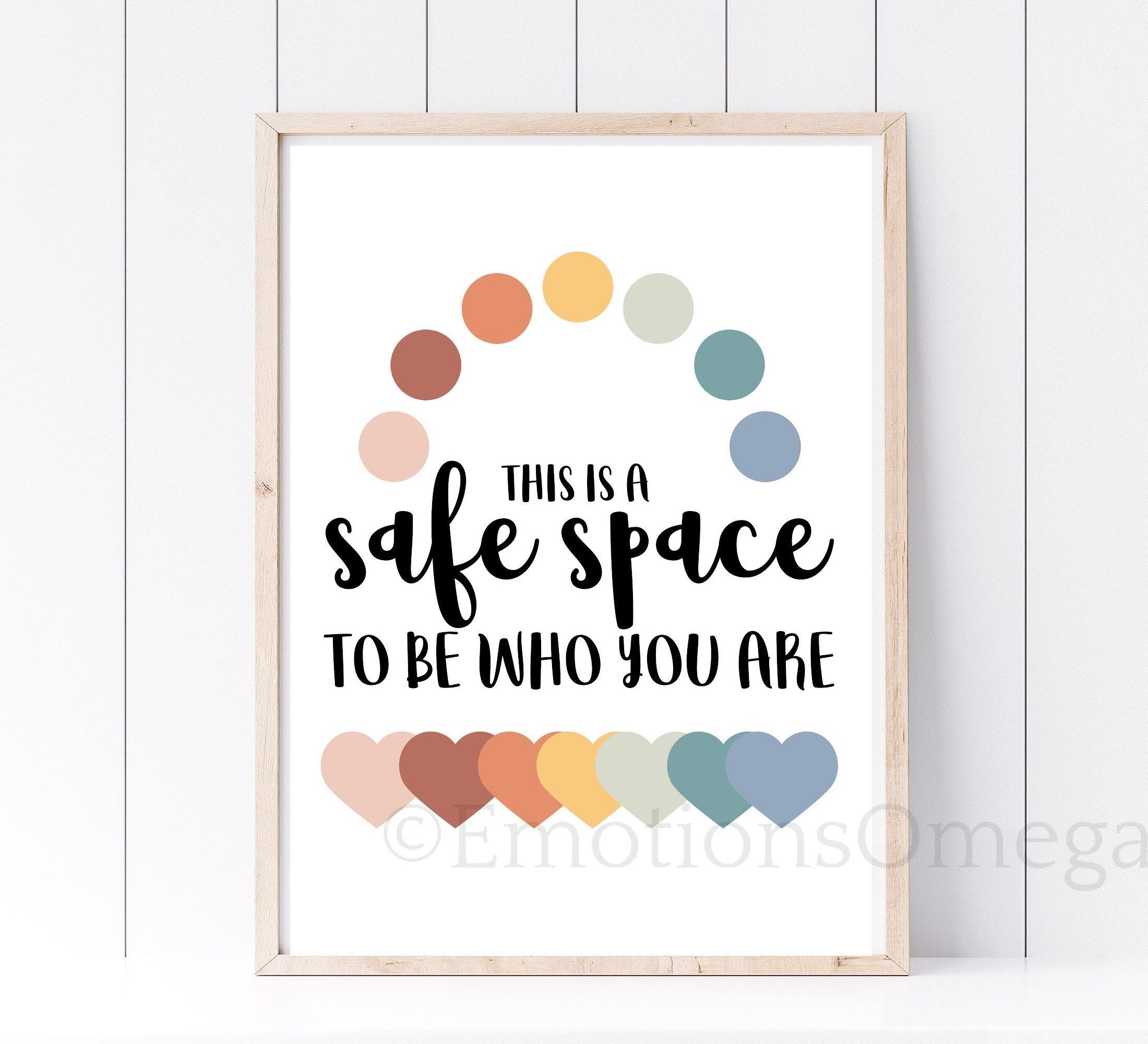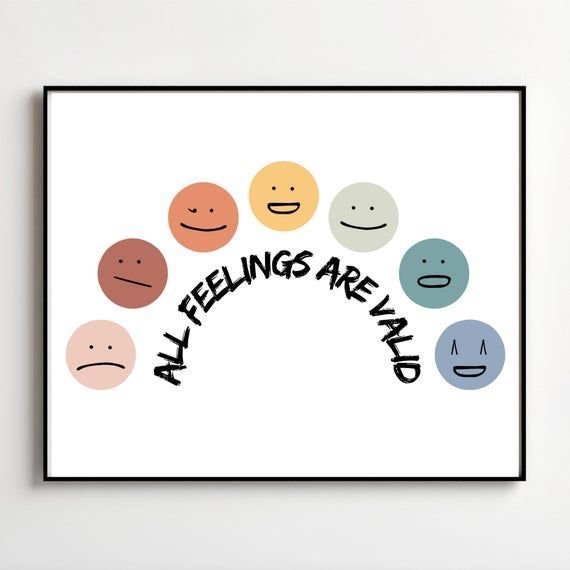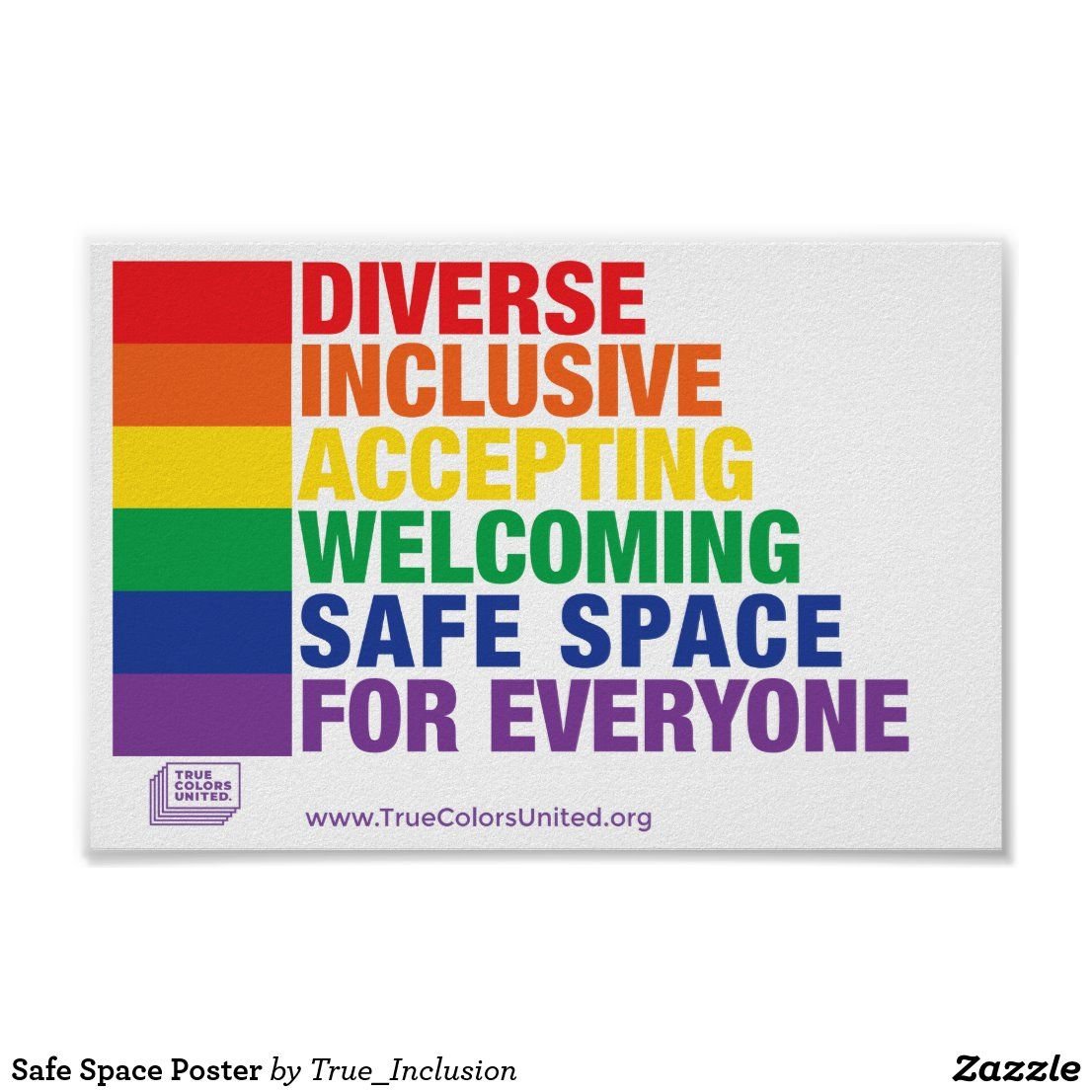
Our Blog
Connect with Us
The Vital Importance of Couples Counseling Continued…..
Couples counseling is a valuable resource for couples at any stage of their relationship journey. It offers a safe space for open communication, conflict resolution, and personal growth. By seeking help when needed, couples can build stronger, more resilient partnerships and ensure that their love story continues to flourish. If you're facing challenges in your relationship, remember that couples counseling is a positive step toward a happier and healthier future together.
6. Strengthening Commitment:
Couples counseling reaffirms commitment and dedication to the relationship. Going through the counseling process together can strengthen the bond between partners, making them feel more secure and confident in their love.
7. Preparing for Major Life Changes:
Life is full of transitions, such as parenthood, career changes, or retirement. Couples counseling can help partners prepare for and navigate these changes, ensuring they do so as a team.
8. Prevention:
Couples counseling isn't only for those on the brink of separation. It can be a valuable tool for preventing future issues. Many couples attend counseling as a proactive measure to maintain a healthy and thriving relationship.
The Vital Importance of Couples Counseling
Relationships are like delicate flowers; they require nurturing, care, and sometimes, expert intervention. Couples counseling, also known as couples therapy or marriage counseling, plays a crucial role in maintaining and enhancing the health of romantic relationships. In this blog post, we will discuss why couples counseling is important and how it can make a significant difference in your relationship. Let’s dig into it…..
1. Improved Communication:
One of the most common issues in relationships is communication breakdown. Couples counseling provides a safe and structured environment for couples to express their feelings, thoughts, and concerns. Therapists help couples learn effective communication skills, which can resolve conflicts and foster a deeper understanding between partners.
2. Conflict Resolution:
Every relationship faces conflicts at some point. Couples counseling equips partners with tools to manage conflicts constructively. Therapists teach conflict resolution techniques, encouraging compromise and empathy. This leads to fewer heated arguments and more productive discussions.
3. Rekindling Intimacy:
Over time, couples may experience a decline in intimacy and affection. Couples counseling helps reignite the emotional and physical connection between partners. Therapists guide couples in rediscovering the spark that brought them together in the first place.
4. Identifying Patterns:
Couples often fall into negative patterns of behavior that harm their relationship. A therapist can identify these destructive patterns and help couples break free from them. Recognizing and addressing issues early can prevent them from escalating.
5. Addressing Individual Issues:
Sometimes, individual issues can strain a relationship. Couples counseling provides an opportunity for each partner to work on personal challenges with the support of a professional. This can lead to personal growth and, in turn, benefit the relationship.
Phase 3: Renewal
Three Phases of Trauma Recovery
The final phase of trauma recovery is Renewal, where you transition beyond surviving and start thriving:
Post-Traumatic Growth: In this phase, post-traumatic growth is what an individual often experiences. They find newfound strengths, a deeper sense of purpose, and a greater appreciation for life.
Rebuilding Identity:
One's sense of self can be shattered by Trauma. Renewal involves reconstructing your identity, values, and life goals in a way that aligns with your newfound resilience.
Giving Back:
Many survivors of trauma find meaning in helping others who have experienced similar challenges. Volunteering or advocacy work can be a fulfilling way to give back to the community.
Continued Self-Care:
Self-care remains essential', even in the Renewal phase. It's a lifelong commitment to maintaining emotional and psychological well-being.
Phase 2: Resilience
Three Phases of Trauma Recovery
Once progress is made in the Healing phase, you then enter the phase of Resilience. In this phase, you begin to rebuild your life and develop the resilience needed to cope with future challenges:
Building Coping Skills: Resilience involves developing healthy coping mechanisms to deal with stress and triggers. This might include mindfulness techniques, deep breathing exercises, or positive self-talk.
Reconnecting with Others:
Rebuilding social connections and relationships is a crucial aspect of resilience. Supportive friends and family can provide a strong foundation for recovery.
Self-Empowerment:
Resilience is also about regaining a sense of control and empowerment in your life. Setting and achieving small goals can boost your confidence and self-esteem.
Professional Help:
Many individuals find therapy or counseling beneficial in this phase to continue processing their trauma and learning additional tools for resilience.
Three Phases of Trauma Recovery
A deeply distressing experience that can leave lasting emotional and psychological scars is Trauma. However, what’s remarkably resilient is the human spirit, and with the right support and strategies, individuals can embark on a journey of recovery and healing.
Trauma recovery is not a linear path, it consists of three distinct phases:
Healing
Resilience
Renewal
In this blog post, we will explore each detailed phase. This phase is about acknowledging the trauma, it’s impact, and the emotions associated with it.
Phase 1: Healing
…..
He are 5 key aspects of the Healing phase:
Acceptance and Awareness: Healing begins with acknowledging that a traumatic event has occurred and recognizing its effects on your life. This phase may involve confronting painful memories and emotions.
Emotional Expression: It's essential to express and process your emotions in healthy ways. This can include talking to a therapist, journaling, or engaging in creative outlets like art or music..
Establishing Safety: Creating a safe environment, both physically and emotionally, is crucial. This may involve setting boundaries, seeking support from loved ones, or finding a therapist who specializes in trauma.
Self-Care: Prioritizing self-care is vital during the Healing phase. This includes getting enough sleep, eating nourishing foods, and engaging in relaxation techniques like meditation or yoga.
The Hidden Epidemic: How Common Anxiety Really Is
Anxiety is a ubiquitous human experience. It's a feeling most people have encountered at some point in their lives. But just how common is anxiety, and what does it mean for individuals and society as a whole? In this blog post, we will delve into the startling prevalence of anxiety, its various forms, and the impact it has on people's lives.


1. The Prevalence of Anxiety Anxiety disorders are some of the most common mental health conditions globally. According to the World Health Organization (WHO), approximately 264 million people suffer from anxiety disorders worldwide. That's nearly 4% of the global population. However, these statistics only represent diagnosed cases. Many more individuals experience anxiety but may not seek professional help or even recognize their symptoms as anxiety.
2. Varieties of Anxiety Disorders Anxiety is not a one-size-fits-all condition. It manifests in various forms, each with its own unique symptoms and triggers.

Some of the most common anxiety disorders include:
Generalized Anxiety Disorder (GAD): Characterized by excessive and persistent worry about everyday life events.
Social Anxiety Disorder (SAD): Involves an intense fear of social situations, leading to avoidance of social interactions.
Panic Disorder: Marked by sudden and recurrent panic attacks, often accompanied by physical symptoms like a racing heart and shortness of breath.
Obsessive-Compulsive Disorder (OCD): Involves intrusive, unwanted thoughts (obsessions) and repetitive behaviors (compulsions) aimed at reducing anxiety.
Post-Traumatic Stress Disorder (PTSD): Develops after experiencing a traumatic event and can lead to severe anxiety symptoms, including flashbacks and nightmares.
3. The Age of Onset Anxiety doesn't discriminate by age. It can affect people of all ages, from children to the elderly. In fact, anxiety often begins in childhood or adolescence. According to the Anxiety and Depression Association of America (ADAA), the median age of onset for anxiety disorders is just 11 years old. This early onset underscores the importance of recognizing and addressing anxiety in young individuals.
4. Gender Disparities Anxiety does not affect everyone equally. Studies show that women are more likely to experience anxiety disorders than men. This gender disparity may be influenced by a combination of biological, psychological, and societal factors.
5. The Impact on Daily Life Anxiety is more than just occasional nervousness. It can significantly disrupt daily life, impairing work, relationships, and overall well-being. It can lead to physical symptoms such as headaches, digestive issues, and sleep disturbances. The constant worry and fear can also take a toll on one's emotional health, leading to depression in some cases.
6. The Stigma Surrounding Anxiety Despite its prevalence, there is still a stigma associated with mental health issues, including anxiety. Many individuals hesitate to seek help due to fear of judgment or misconceptions about mental health. This stigma can be a significant barrier to receiving the necessary treatment and support.
National Suicide Prevention Week
September 10 - September 16
In the midst of our busy lives, it's easy to overlook the struggles that often remain hidden behind smiles and everyday routines. The reality is that many individuals battle silent demons, fighting battles we may not see or understand. This is where the importance of suicide prevention comes into sharp focus.
Suicide is a complex and heartbreaking issue that affects millions of lives worldwide. It's a topic that demands our attention, empathy, and action. In this blog, we embark on a journey to explore the critical realm of suicide prevention—a journey fueled by compassion, knowledge, and the unwavering belief that every life is worth saving. In the paragraphs that follow, we will delve into the signs, the stories, the science, and the solutions. We'll explore not only the darkness that shrouds this topic but also the rays of hope that pierce through. Together, we'll discover how each one of us can play a vital role in this crucial mission. Whether you're here to gain insight, support a loved one, or simply learn more about an issue that touches us all, we invite you to join us on this path of understanding, empathy, and action. Let's shine a light in the darkness, dispel myths, and foster a culture of compassion that saves lives. Because, in the end, it's not just about preventing suicide—it's about promoting life, love, and resilience. Are you ready to explore the world of suicide prevention with us?
Here are some steps you can take:
1. Educate Yourself
Learn about the signs and risk factors of suicide. Understanding the issue is the first step in helping.
2. Be a Good Listener
If someone confides in you about their struggles, listen without judgment. Sometimes, just being there to listen can make a big difference.
3. Ask Directly
If you suspect someone is at risk, ask them directly if they are thinking about suicide. This can open up a conversation and allow them to express their feelings.
4. Encourage Professional Help
Encourage the person to seek help from a mental health professional. Offer to help them find resources and support their journey to treatment.
5. Stay Connected
Keep in touch with the person, even after they've sought help. Social support is essential in recovery.
6. Remove Access to Means
If someone is in immediate danger, help them remove access to lethal means, such as firearms or medications.
7. Seek Immediate Help
If there's an immediate threat, call emergency services or a crisis hotline.
8. Promote Self-Care
Encourage self-care and healthy coping mechanisms, such as exercise, meditation, and engaging in hobbies.
9. Raise Awareness
Advocate for mental health awareness and anti-stigma campaigns in your community.
10. Know Helplines
Be aware of suicide prevention hotlines like the National Suicide Prevention Lifeline in the United States (1-800-273-TALK) and share them with those in need.
Remember, suicide prevention is everyone's responsibility, and your support can make a significant difference in someone's life. If you're concerned about someone's immediate safety, don't hesitate to seek professional help or contact emergency services.
Understanding Different Types of Trauma Reactions Pt.2
Understanding different types of trauma reactions is essential to comprehending how individuals cope with and respond to traumatic experiences. By recognizing these diverse reactions, we can offer appropriate support and help those affected navigate their healing journey effectively.
Dissociation To cope with overwhelming trauma, the mind tends to use a defense mechanism. This is where detachment is involved from one’s thoughts, emotions, or surroundings. Individuals may feel as though they are watching themselves from outside their bodies or experience gaps in memory. Dissociation can be distressing, but it serves as a protective response to the trauma’s intensity.
Externalizing Behaviors Displaying aggressive or impulsive behaviors are what some individuals may externalize their trauma. Overwhelming emotions or regaining a sense of control can be a way of coping. Substance abuse, self-harm, and risky behaviors may also emerge as maladaptive coping mechanisms
Resilience and Growth Not all trauma reactions are negative. Some individuals demonstrate remarkable resilience and growth after experiencing trauma. They may develop a greater appreciation for life, deepen their connections with others, and find a renewed sense of purpose. Post- traumatic growth can be a transformative and empowering outcome of traumatic experience
Understanding Different Types of Trauma Reactions Pt.1
Trauma is an experience that can be deeply distressing and/or disturbing, which could also have a profound psychological and emotional effect on individuals. The way people react to trauma varies widely, and in order to provide appropriate care and support is crucial due to understanding these different reactions. In this blog, we will not only explore various types of reactions to trauma, but also offer insights into how individuals may respond to traumatic events.
Acute Stress Reaction:
This is a traumatic event with a common on-the-spot response. Symptoms such as anxiety, shock, confusion, and disorientation are what individuals may experience as well as physical reactions like a rapid heart rate, trembling, and hyperventilation. These reactions are typically short lived, subsiding within a few days or weeks as the person begins to process the event.
Post Traumatic Stress Disorder (PTSD)
PTSD is considered a more complex and long lasting trauma reaction that can develop after exposure to a traumatic event. Symptoms include intrusive memories, flashbacks, nightmares, and avoidance of reminders of the trauma. individuals with PTSD may also experience hypervigilance, irritability, and difficulty concentrating. effective treatments, such as therapy and medication, can help manage and alleviate these symptoms
Depression and Anxiety
When it comes to trauma, these are two common reactions. In the characteristics of depression, previously enjoyed activities are now feelings of sadness, hopelessness, and a loss of interest. Anxiety, on the other hand, may manifest as excessive worry, restlessness and panic attacks. trauma can exacerbate pre-existing mood disorder or trigger their onset.
Have you ever felt alone in your thoughts with no way out?
What do you do when you feel alone and stuck?
How often do you sit in your thoughts and tell yourself, I have no one who understands?
Let’s talk about Mental Health….
Mental health can affect our ways of thinking, feeling and even acting. It can also determine how we make every day choices, handle stressful situations, and make ourselves available for others. Mental health can also be a disguise to what someone is really feeling, such as seeming to have everything together in the eyes of others, but feeling the complete opposite inside.
When enlisting into the military, there is a possibility of experiencing mental health problems. Most common mental health problems are depression, anxiety, and some also experience post-traumatic stress disorder also known as PTSD. This is common among personnel and veterans, which is why good mental health is important for a soldier’s well-being.
Mental Health has no limits
Mental health challenges can impact anyone, including celebrities. Here are some ideas for coping with symptoms when they come up.
Celebrities are human just like everyone else in the world, and often experience different challenges but may choose to keep it confidential instead of open to the public eye. The recent news of Euphoria star, Angus Cloud was something that came as a shock to the world. Here is someone from the outside looking in who appeared to have everything together, but turns out he had some mental health challenges that he could not escape. He struggled with things that he never could talk about to people so the weight became heavy. Talking about heaviness of what you’re feeling or going through is important because you then have the ability to release the things that have been weighing you down.
A Mother’s Postpartum that should not go unnoticed
Postpartum depression and anxiety are often overlooked but can have serious consequences for both mom and baby.
New mothers can experience what is called Postpartum, even mothers who give birth to multiple children are most likely experiencing postpartum with each childbirth. For those who are unaware, this is a form of mental health where a mother’s body is changing and she is also experiencing changes mentally and emotionally as well. Have you heard of Postpartum “baby blues” or depression? A new mom may think “I am so happy to have my baby, but why am I sad all of the time now?” or “Am I really a good mother?” , “My baby only cries with me.. I am not producing enough milk, this is making me feel so emotional”. Often, mothers are encouraged by their doctor to talk about what they are feeling through therapy or often times they are diagnosed with Postpartum depression and prescribed a safe prescription to help cope with what they are feeling.
What to expect from a Client -Therapist Relationship
What can you expect from the relationship you develop with your therapist? Here are some ways to know if your therapist is the right fit for you.
Developing Client - Therapist relationships will form a trusting connection over time. This will allow the Client and Therapist to have a mutual respect and understand the importance of boundaries and communication in order to work together resolving the client’s issue.
What makes this therapeutic relationship so unique?
Let’s talk about it….
A therapeutic relationship consists of the following THREE things:
Someone who will offer you an unbiased professional perspective on whatever you may choose to share with them.
Also, someone who will give it to you straight even if that means challenging you to correct or improve old habits.
Someone who will challenge you to grow and stretch in ways you’ve never thought possible
Why is finding a therapist so frustrating?
Finding the right therapist can feel like an uphill battle. Here are some suggestions for finding someone who fits with you.
Life has it’s challenges, whether it’s small or a heavy load. So when it’s building up like a pressure cooker ready to burst, how can we release that stress? Let’s get into it….
Searching for that safe space is more important than just venting what you’ve been longing to release, but how do you know if you’ve found the right one to help you navigate through those feelings and process the unknown resolution? Let’s check off the list of who is the right therapist just for YOU!
Pay attention to these important steps and ask yourself, is your therapist checking off the box of your expectations by……
Providing you with a Safe Space
Giving you the freedom to express yourself by discussing, processing, and healing from any stress and/or trauma . Feeling comfortable enough to be you without any fear of negative judgement , isolation or prejudice.
Taking the time to listen
It’s one thing to listen, but to have someone paying close attention and understanding the true message you’re trying to convey is a huge PLUS! We know all too well how frustrating it can be to share your thoughts and feelings and feel like it has fallen on deaf ears. How great would it be to have someone who not only gives you their undivided attention, doesn’t jump to conclusions and allows you to say what comes to mind while offering professional feedback and suggestions.
Know that your feelings are validated
To share your feelings and know that they are emotionally validated is what’s important. Leaving with less emotional weight than when you came could be the sigh of relief you’ve been longing for. Knowing there are no boundaries to your emotions and conversation












































